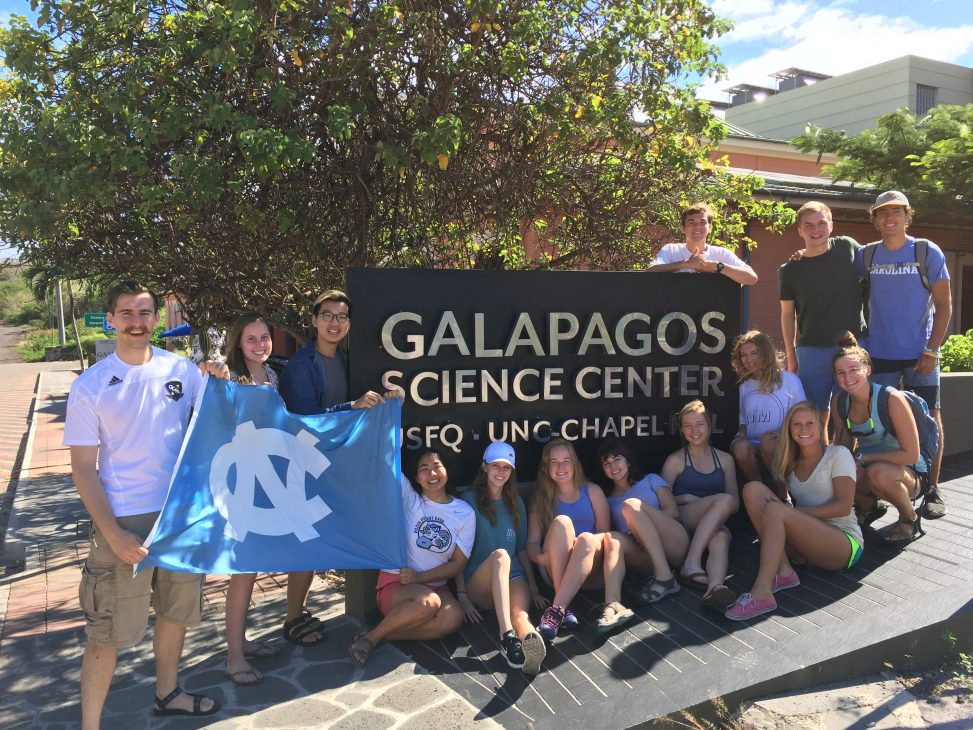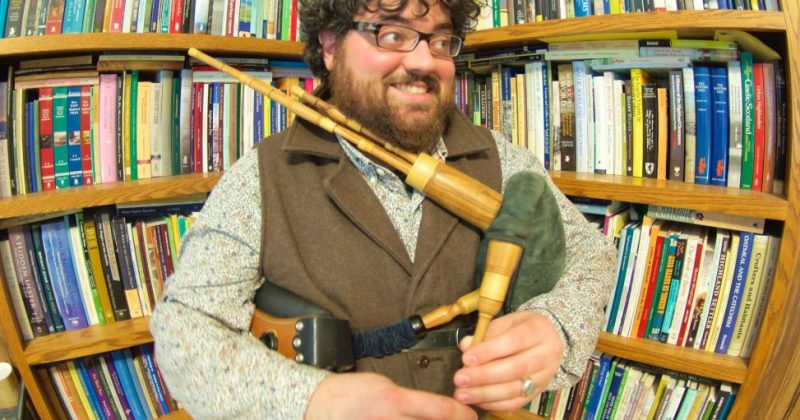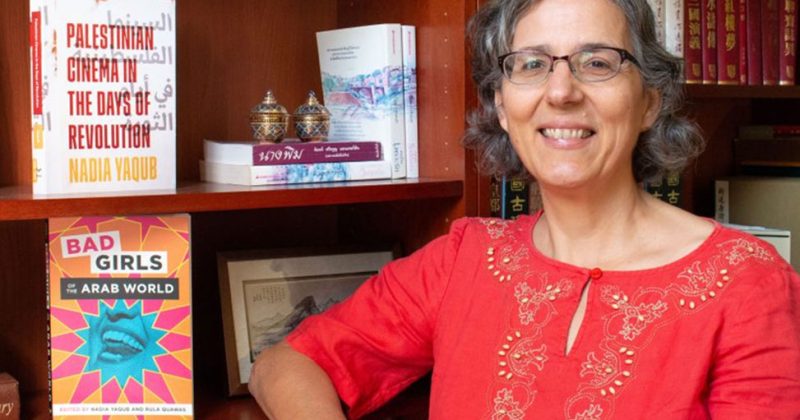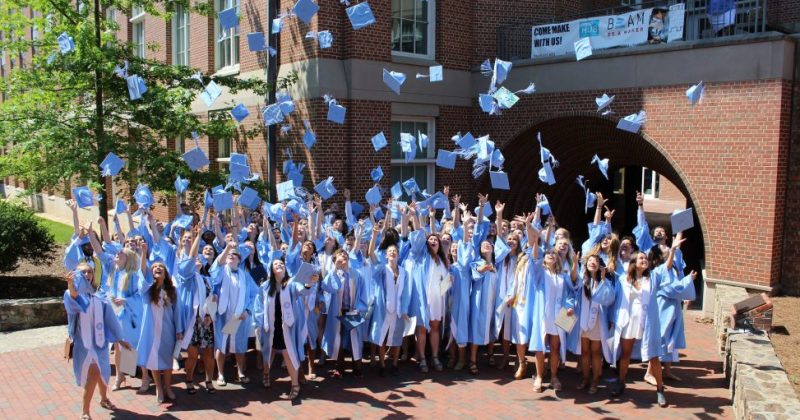
Increasing private support for experiential learning opportunities, including study abroad in places like the Galapagos, is a College campaign priority. (photo courtesy of Diego Riveros-Iregui).
Last fall, UNC-Chapel Hill publicly launched For All Kind: the Campaign for Carolina, a $4.25 billion effort to inspire alumni and friends to support the bold vision of Carolina for generations to come. The College of Arts & Sciences’ ambitious goal within the campaign is to raise $750 million by Dec. 31, 2022. In this Q&A, Dean Kevin Guskiewicz discusses the College’s progress.
Q: How are donors responding to the campaign in the year since the public launch?
A: We have much to celebrate. The College just completed a third straight year of record-breaking fundraising [for the fiscal year that ended in June 2018], with gifts totaling more than $120 million. That is a remarkable 33 percent gain over last year, and it demonstrates that our benefactors believe in the strategic direction we are headed with our Road Map to Boldness and our Synergy Unleashed mindset. All told, we have raised more than $368 million — nearly halfway toward our goal.
Q: What strategic priorities have been addressed?
A: The College laid out five broad strategic priority campaign “pillars”: support for students, faculty, programs, capital projects and unrestricted giving — which allows us to respond quickly and nimbly to emerging opportunities. Although we’ve made great progress in each area, I am particularly pleased at our success in increasing our support for our graduate students. I heard from faculty across all of our divisions what a pressing need this was; increasing our stipends helps us attract the most talented graduate students and retain our world-class faculty. Stellar graduate students help elevate our departments, and they become the thought leaders and Carolina ambassadors of the next generation. Thanks to private gifts, we awarded 57 new graduate fellowships this spring to help our students advance their scholarship and teaching. We are about to announce details of another $350,000 in graduate student support from two private gifts, and we expect to do more!
We have also made great strides with significant gifts to signature College programs such as the Shuford Program in Entrepreneurship; the Philosophy, Politics and Economics Program; and the Carolina Center for Jewish Studies.
Q: What do you see as emerging areas for donors to support?
A: One of the College’s key initiatives is the new UNC Institute for Convergent Science. Through collaborative research and our incentive-based innovation framework, scientists from a range of disciplines will address topics from disease prevention and treatment to national defense to environmental health and safety to energy generation. The possibilities of what can be accomplished through this approach are limitless, and I see it as an opportunity to speed the impact of profound new discoveries that will set Carolina apart from its peers.
We will also leverage our strengths in key areas such as global education, including our award-winning area study centers, and our nationally recognized Southern studies initiatives. Our outstanding Honors Carolina program is poised to continue providing life-changing opportunities for our students. Beyond our student focus, we have many world-class faculty who are deserving of endowed distinguished professorships that support their research and teaching.
Q: What are your goals for the remainder of the campaign?
A: I want to continue to emphasize the importance of an interdisciplinary education and collaborative approach to solving the grand challenges of our time. We will soon launch a new General Education curriculum, and it will emphasize the value of experiential education and integrated coursework to prepare students for whatever career path they choose, including careers that don’t even exist yet. By “experiential education,” I mean opportunities such as study abroad, for-credit internships, hands-on research and service learning.
Private funding can help support all of these initiatives. For example, 36 percent of our students now study abroad; I would love to raise that to 50 percent in the next decade.
I am pleased with our progress, but there is still much to be done. New opportunities will no doubt emerge in the next few years, but our strategic plan provides a road map for us to carry out our mission: Think. Communicate. Collaborate. Create. … For meaningful lives.
Interview by Erin Kelley ’13
Published in the Fall 2018 issue | The Scoop
Read More

Scottish Gaelic studies will highlight N.C. ties
Visiting lecturer Tiber Falzett will share his love of an…

New book examines political filmmaking during the Palestinian revolution
Nadia Yaqub’s Palestinian Cinema in the Days of Revolution, University…

Environmental grads find rewarding careers in sustainability, energy
Alumnae Liza Schillo ’07 and Morgan Zemaitis ’17 appreciate the…

